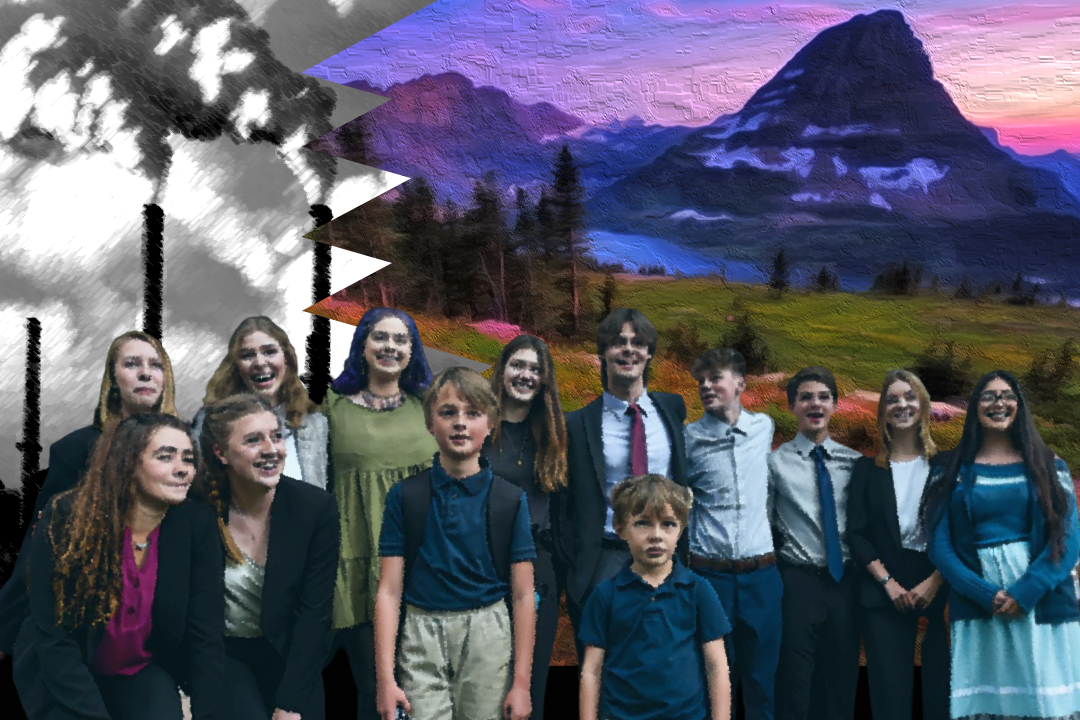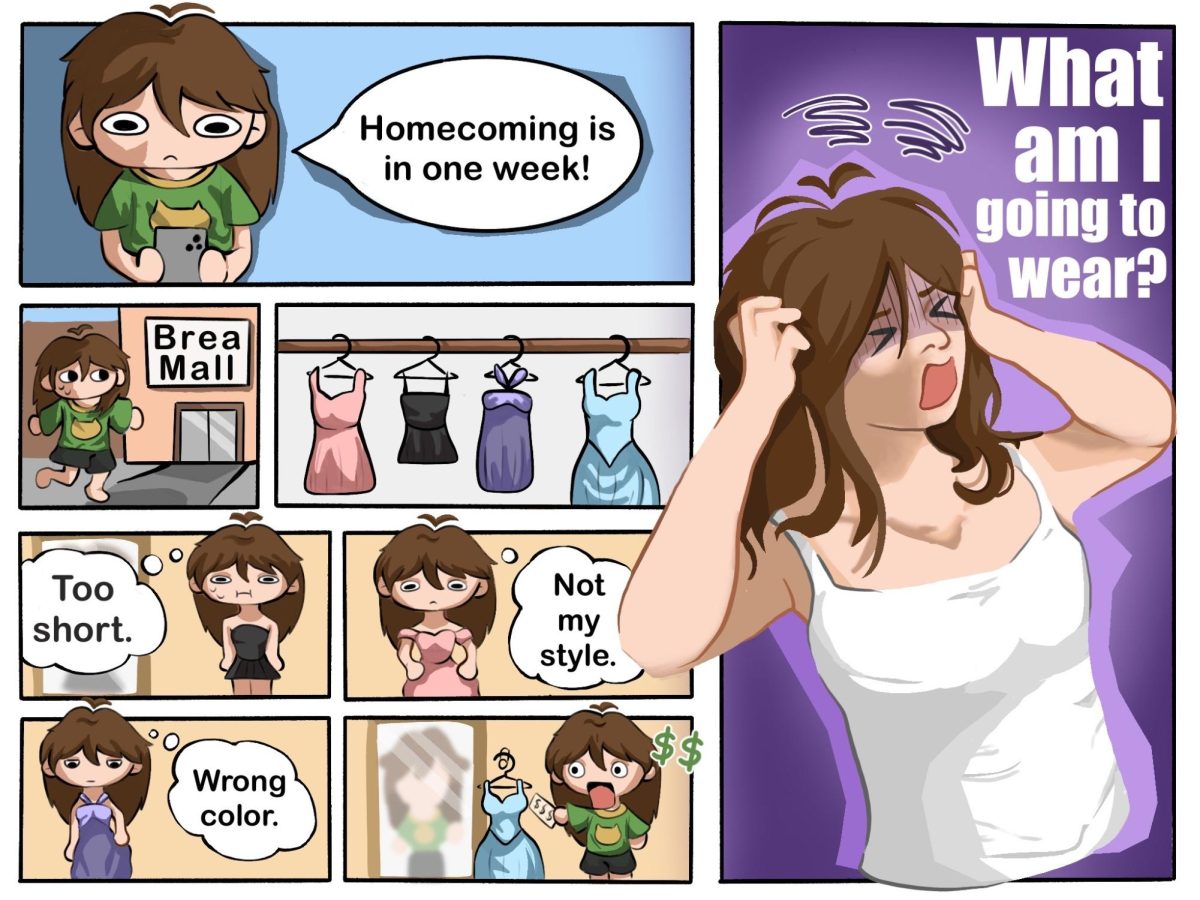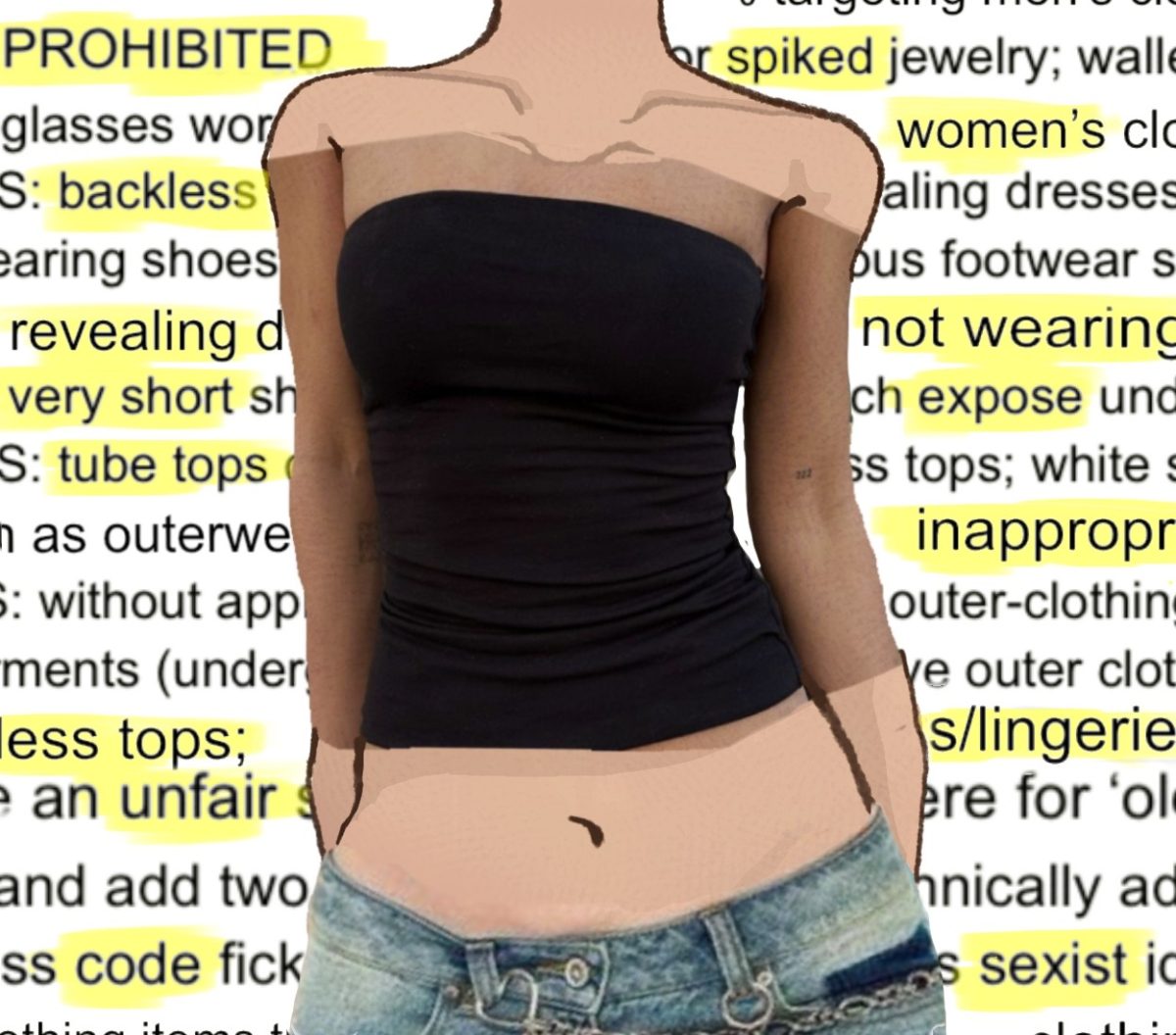In recent years, the role of youth activists in shaping future climate litigation has been nothing short of revolutionary.
By challenging government policies and demanding stronger environmental protections, the voices of Generation Z have increasingly shaped the dialogue surrounding climate-related issues. Notable figures like Greta Thunberg — a climate change activist who began the School Strike for Climate campaign at 15-years old — have demonstrated that age is no longer a barrier to participation in the legal process, and have encouraged young people to follow in their footsteps.
One empowered youth-led group recently scored a major victory for environmental activists.
In March 2020, a group of 16 plaintiffs, represented by Oregon-based law firm, Our Children’s Trust, sued the state of Montana for failing to safeguard their right to a “clean and healthful environment,” a right explicitly promised within the state’s constitution.
Three years later, on Aug. 14, Judge Kathy Seely ruled in favor of the landmark climate change lawsuit Held v. Montana, proving to the rest of the country that the voice of America’s youth is not one to be ignored.
Existing as the nation’s first youth-led constitutional climate case, the fact that the litigants even had standing to bring the matter to court is impressive. In fact, at least 14 previous claims had been dismissed in the United States before Held v. Montana.
During the two week-long trial, the plaintiff’s attorneys argued that the spread of unhealthy contaminants and the worsening of drought conditions within Montana was directly correlated to climate change, which had significant implications for the mental and physical health of the plaintiffs.
The oldest of the group, Rikki Held, 22, detailed how erratic weather patterns had devastated her family’s ranch. Another litigant, 20-year old Sariel Sandoval, expanded on how the state’s neglectful treatment of the climate crisis has jeopardized her Indigenous traditions, further threatening her land and culture.
By ruling in favor of the young Montanans, Seely affirmed that several pieces of state legislation, including a provision in the Montana Environmental Policy Act, were unconstitutional. This stipulation stated that the government should not consider the impact on the climate when approving energy projects which contribute to environmental harm on a national scale.
The beginning of these changes is already taking place. Our Children’s Trust has taken environmental legal action pending in seven other states. Another climate case brought by the organization, Juliana v. United States, was also approved to go to trial at the federal level on June 1, 2023, meaning that climate protections could be taken into consideration nationally.
However, despite the landmark result of Held v. Montana, education about climate change, and creating awareness of it amongst young people, continues to be a challenge. When the Wildcat asked the BOHS student body, “Do you feel well-educated about climate change,” 56% of 378 respondents answered “no.”
That so many teens acknowledged being under-informed about the climate change crisis further emphasizes the necessity of youth activism and the need for more education. (Although BOHS offers AP Environmental Science, there are currently no environmental awareness clubs or extracurriculars on campus, potentially limiting the amount of information available to students surrounding these critically important issues.)
Students should draw inspiration from this case, especially in the age of social media, where the widespread demand for justice has become more accessible than ever before. As election season approaches, and many BOHS seniors will have the opportunity to vote for the first time, they should also bear in mind the environmental ramifications of their choices.
At the heart of the Montana case’s controversy, the continual rejection of climate-conscious action on a national scale has diminished our ability to combat this global threat. Every year, the production of coal, oil, and gas releases billions of tons of CO2 into the atmosphere. These greenhouse gas emissions, which are a direct result of human activity, are steadily increasing.
Yet, only 54% of Americans view climate change as a significant threat, and the partisan divide on the issue has grown. While 78% of Democrat-leaning voters think the climate crisis is a severe threat to the nation’s well-being, only about 23% of Republican-leaning voters consider climate change to be severe. Ignoring the ongoing climate disaster will only further exacerbate irreparable damages to the planet, and it is alarmingly apparent that this cannot continue to be a partisan issue.
The danger of climate change has been well-documented and understood for decades. Still, lack of action from legislative bodies and older generations has forced the responsibility of tackling climate change onto the shoulders of Generation Z.
As the nation’s fifth-largest coal producer, Montana is an active participant in this climate destruction, so Held v. Montana was particularly relevant to transforming youth engagement in environmental advocacy and court proceedings.
However, not everyone considers the case a victory.
According to Montana Attorney General Austin Knudsen, the state plans to appeal the decision. Spokeswoman Emily Flower described the ruling as “absurd” and called the case a “week-long taxpayer-funded publicity stunt.” Several fossil fuel groups and conservatives also questioned judges’ biases over climate cases.
Even so, legal experts predict that it is unlikely the decision will be overturned immediately. Michael Gerrard, the founder of Columbia’s Sabin Center for Climate Change Law, has expressed his faith in the case’s strength, and notes that previous efforts to hinder the trial in the past have been blocked by the Montana Supreme Court.
Similarly to Gerrard, retired Montana Supreme Court Justice Jim Nelson agrees that any attempt to overturn the decision would be difficult given that he believes that Held v. Montana is “one of the most powerful decisions,” he has read regarding environmental policy.
Inspiring young activists worldwide to engage with the legal system, Held v. Montana amplifies underrepresented voices and drives us closer to a more sustainable future. As the world grapples with the complex challenges of climate change, this case stands as a testament to the enduring spirit of youth activists and their capacity to reshape the course of history.











